The Bulgarian DIY chain Praktis has been on the market for 23 years – and has now opened its ninth and largest location under the Praktis Mega brand in the capital Sophia: 22,743 m² of retail space, including 2,800 m² of garden centre and 4,700 m² of construction centre with drive-in and its own professional department.
A detailed report will follow in “diy-Fachmagazin”, but the editorial team had the opportunity to talk to owner Lyuben Milchev about the Bulgarian home improvement market at the Global DIY-Summit.
What are the current economic conditions like in Bulgaria?
Lyuben Milchev: Bulgaria is a full member of the European Union. Since we joined the Schengen Agreement, we have been in a very positive economic situation. Many investors want to ride this wave. We are currently the most favourable country in the EU – so it is a good time to invest. Corporate tax is only 10 per cent, one of the most favourable tax rates in Europe.
Another positive point: on 1 January 2026 we will join the euro zone and exchange the Bulgarian lev for the European currency, the euro. This will also encourage investment from outside and bring a lot of money into the country.
What does this mean for the home improvement sector?
It means that our business will definitely grow. Because most investments are being made in property. Property prices are rising. That's why the DIY sector will grow for at least the next two or three years. So there is no crisis in Bulgaria at the moment.
You travel a lot and are familiar with the conditions in the home improvement sector in other countries. What have you learnt from this for your business in Bulgaria?
Thanks to the activities of Edra – of which I have been a member since the beginning twelve years ago – I do indeed travel a lot around the world and see what my colleagues, the DIY retailers, are doing. This industry is moving – and needs to move. A lot is happening on the Internet and we have to offer customers specific services. This is linked to new activities in the area of AI and the Internet, for example, and then we have the topic of drop shipping. This means that the prospects for the future are good, but you have to be in the right position to take up these innovations. Business is completely different today than it was in the 1990s. Our customers expect more
Please describe these customers who come to your stores.
Bulgaria is not a big country, we have less than seven million inhabitants. It is therefore difficult to segment different customer groups. We are open to all customers. So we do both B2C and B2B, we have an online shop, we work the project market – that's Praktis' original business. So it's not like in Germany, for example, where there is a strong segmentation of customers: Professionals, DIYers, online customers. At Praktis, we work with all customers. We make around 7 to 8 per cent of our turnover online, around 25 to 30 per cent comes from the professional and project business, the rest is the end consumer business in our brick-and-mortar stores.
Is the typical Bulgarian end consumer a DIY enthusiast?
Yes, and especially now. Because the cost of tradesmen doing work on the house is incredibly high. There is a shortage of people. Once again: DIY has a future in Bulgaria. Our most important task is to buy the right products from all over the world and make them available to our customers very quickly and, of course, very cheaply. That is the great customer benefit we offer: Products from all over the world that can be used immediately for DIY.
So international brands play an important role in your product range?
Of course we have our 15 own brands, but we also work with all international brands. After all, that's normal.
How have prices developed over the past few months?
If we look at the property market, we expect prices to rise by 10 to 15 per cent every year. Because we opted for the euro this year, we expect property prices to rise by as much as 20 per cent – due to speculation. Our prices in the DIY market haven't changed much for a few years because the market has been stable on the manufacturing side. But it won't stay that way for much longer. Because our costs are rising, wages, for example, by 20 to 30 per cent per year. So we have to expand the market.
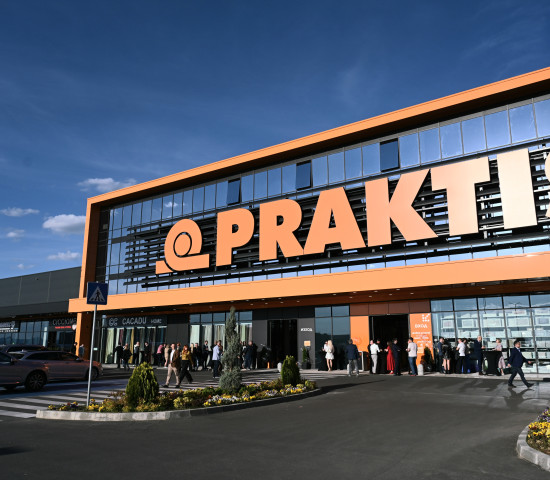
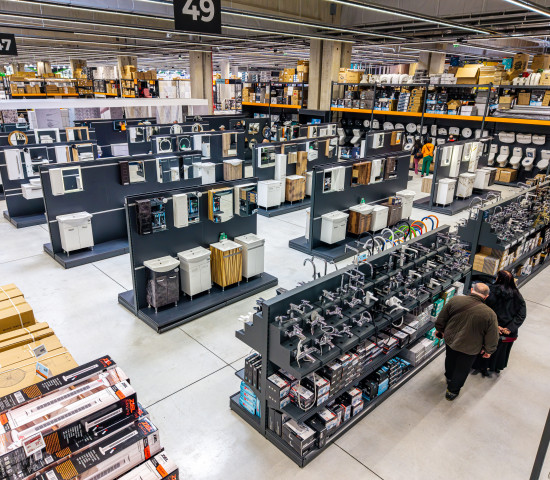
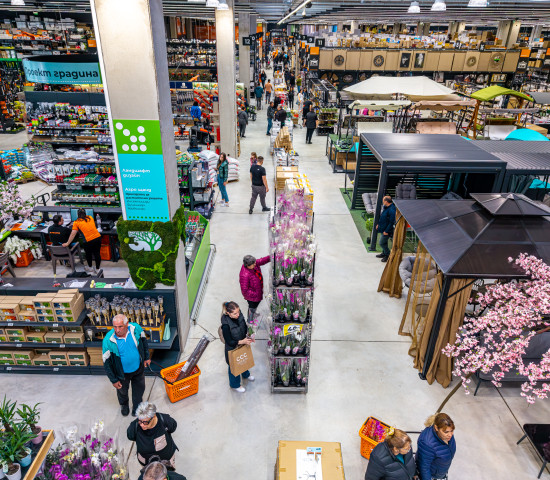
Is the typical end consumer in Bulgaria the owner of their home?
Yes, that's the big difference to the rest of Europe: 95 per cent of Bulgarians own property.
That's a good basis for your business, isn't it?
Home ownership means everything to Bulgarians. So we hope that they will renovate their flats and look after them. It's part of the Bulgarian mentality to own your own home.
The garden centre accounts for a large part of your new store in Sophia. Is the garden centre growing in Bulgaria?
In May, we opened the largest DIY store in Bulgaria in the capital Sophia – 23,000 m². We are realising that the market is growing, but the customer needs the customer journey and the customer experience. That is the garden centre. If you have a beautiful garden centre with lots of living greenery, people are happy. That was one of our goals with this project.
We also have a large drive-in, especially for professionals. We stock more than 50,000 items and we are continuing to grow. This mix – garden centre, drive-in and standard DIY store – is the right decision for the capital.
What role do female customers play?
I expected that we would mainly see women in the garden centre. But I was wrong: it's half and half. Many men also look after the garden, they love it.
Do you have a garden yourself?
Yes.
And do you look after it?
I love it.

 Menü
Menü




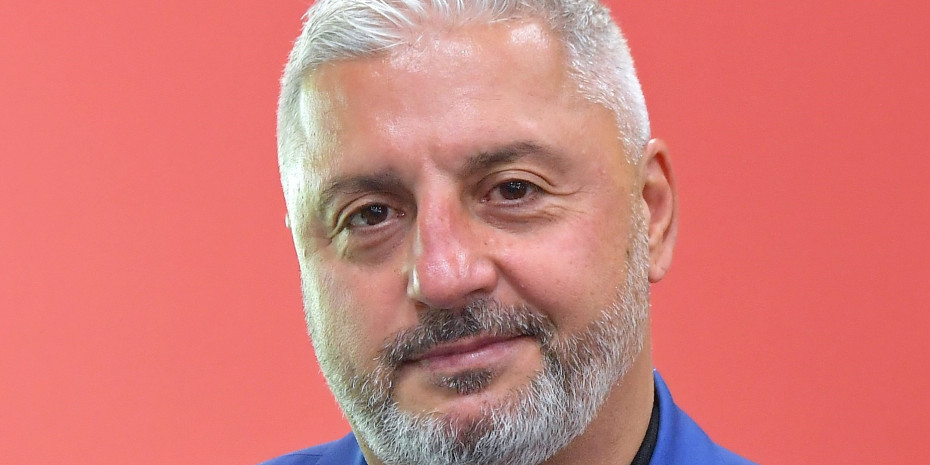
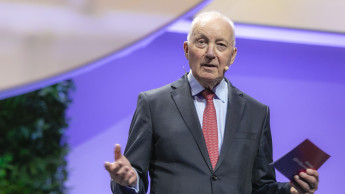
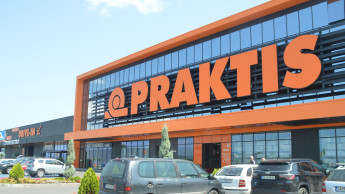






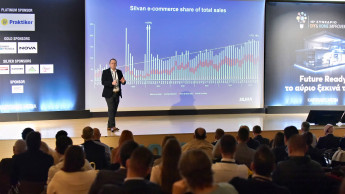
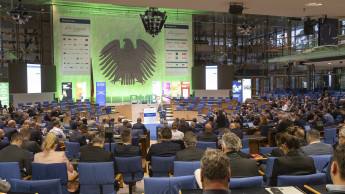
 Newsletter
Newsletter